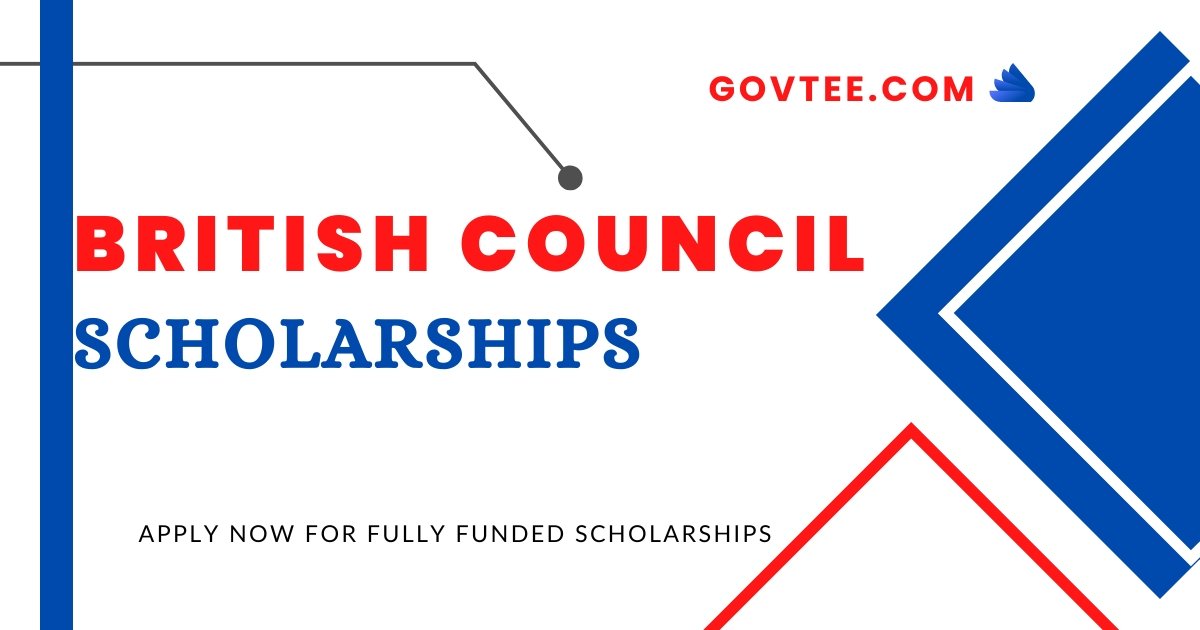Studying abroad is a dream for many Nigerian students, but language requirements like IELTS (International English Language Testing System) can be a barrier. Fortunately, many universities and organizations worldwide offer scholarships without requiring IELTS scores, allowing Nigerian students to access higher education opportunities without additional exams. This guide explores scholarships that don’t require IELTS, how to qualify, top destinations, and application tips for Nigerian students.
1. Why Consider Scholarships Without IELTS?
IELTS is a widely recognized test that assesses English language proficiency, but many Nigerian students are already proficient in English due to the country’s language of instruction. Pursuing scholarships that don’t require IELTS offers several benefits:
- Cost Savings: Avoiding the cost of IELTS exams, which can be expensive, particularly when applying to multiple universities.
- Faster Application Process: No need to wait for test dates, results, and re-takes, which accelerates the overall application process.
- Alternative Proof of English Proficiency: Many universities recognize other forms of English proficiency, such as prior education in English-speaking institutions.
With these scholarships, students can focus on their academic achievements and other application requirements without the additional language barrier.
2. Top Destinations Offering No-IELTS Scholarships for Nigerian Students
Certain countries offer scholarships without requiring IELTS for students who meet specific criteria. Below are some popular study-abroad destinations for Nigerian students that waive the IELTS requirement:
- Germany: Many German universities offer programs in English and accept Nigerian students without IELTS if they can prove prior English-based education.
- Canada: Canadian universities often waive IELTS for students who have completed their prior education in English. Scholarships like the Vanier Canada Graduate Scholarships accept alternative language proofs.
- Malaysia: Malaysian universities such as the University of Malaya and UCSI University offer several no-IELTS scholarships.
- Turkey: Turkish universities offer English-taught programs and frequently waive IELTS requirements for Nigerian students.
- United Kingdom: Some UK universities waive IELTS if students can provide a Medium of Instruction (MOI) letter or have completed previous studies in English.
- United States: Several U.S. universities accept Nigerian students without IELTS if they can demonstrate English proficiency through an alternative method.
3. Types of Scholarships Without IELTS Requirements
Here are the main categories of no-IELTS scholarships available to Nigerian students:
- Merit-Based Scholarships: Awarded based on academic achievements and do not usually have IELTS requirements if the applicant meets other criteria.
- Government-Funded Scholarships: Scholarships from governments, such as Turkey’s Türkiye Scholarships and Malaysia’s MTCP Scholarship, often waive IELTS.
- University-Specific Scholarships: Many universities globally offer no-IELTS scholarships for students from English-speaking countries or those who meet alternative English requirements.
- Field-Specific Scholarships: Focused on specific fields like engineering, science, or business, these scholarships can have flexible language requirements.
Related:
- PhD Scholarships Without GRE: A Comprehensive Guide for Aspiring Researchers
- Scholarships With No Application Fee In 2025
4. Top Scholarships Without IELTS for Nigerian Students
Here is a list of popular scholarships for Nigerian students that do not require IELTS:
1. DAAD Scholarships (Germany)
- Eligibility: Open to students from developing countries, including Nigeria
- Award: Covers tuition, monthly allowance, and health insurance
- Fields: Various fields including engineering, social sciences, and arts
- Language Requirement: No IELTS required if prior education was in English
- Deadline: Varies by program
2. Türkiye Scholarships (Turkey)
- Eligibility: International students, including Nigerian applicants
- Award: Full scholarship covering tuition, living expenses, and health insurance
- Fields: Various fields
- Language Requirement: No IELTS required; proficiency in English or Turkish may be demonstrated by other means
- Deadline: January each year
3. Vanier Canada Graduate Scholarships (Canada)
- Eligibility: International PhD students, including Nigerian students
- Award: $50,000 per year for three years
- Fields: Natural sciences, health sciences, engineering
- Language Requirement: English proficiency may be demonstrated through previous education
- Deadline: November each year
4. Erasmus Mundus Joint Master Degree (Europe)
- Eligibility: Open to international students, including Nigerians, for specific master’s programs
- Award: Full scholarship covering tuition, travel, and living expenses
- Fields: Multiple fields in joint programs across European universities
- Language Requirement: Some programs waive IELTS if prior education was in English
- Deadline: Varies by program
5. Malaysian Technical Cooperation Programme (MTCP) Scholarship (Malaysia)
- Eligibility: Open to students from developing countries, including Nigeria
- Award: Covers tuition, monthly allowance, and return airfare
- Fields: Master’s level fields, including science, technology, and engineering
- Language Requirement: No IELTS required if prior education was in English
- Deadline: May each year
6. Commonwealth Scholarships (UK)
- Eligibility: Open to students from Commonwealth countries, including Nigeria
- Award: Full scholarship covering tuition, living expenses, and airfare
- Fields: Various fields of study
- Language Requirement: IELTS waiver available with proof of prior education in English
- Deadline: December each year
7. Shanghai Government Scholarship (China)
- Eligibility: Open to international students, including Nigerians
- Award: Covers tuition, accommodation, and monthly allowance
- Fields: Various fields, including engineering, business, and technology
- Language Requirement: English proficiency waiver for students from English-speaking countries
- Deadline: March each year
5. How to Increase Your Chances of Getting a No-IELTS Scholarship
When applying for no-IELTS scholarships, it’s important to make your application stand out. Here are some tips for Nigerian students:
- Obtain a Medium of Instruction (MOI) Letter: This letter from your previous institution stating that your education was conducted in English can often serve as proof of proficiency.
- Focus on Academic Excellence: Many scholarships prioritize academic achievements, so emphasize your grades, awards, and honors.
- Highlight Relevant Experience: Include any relevant work, internships, or volunteer experience that aligns with your chosen field of study.
- Prepare Strong Recommendation Letters: Seek recommendations from instructors or employers who can vouch for your academic and personal strengths.
- Write a Compelling Personal Statement: Explain why you’re passionate about your chosen field, how the scholarship aligns with your goals, and what you hope to achieve.
Tailoring your application materials to each scholarship and highlighting your strengths can help you stand out in a competitive applicant pool.
6. FAQs About Scholarships Without IELTS
Q1: Can Nigerian students apply for scholarships in the U.S. without IELTS?
Yes, many U.S. universities accept alternative proof of English proficiency or may waive IELTS if you have studied in an English-speaking country.
Q2: Are there scholarships without IELTS specifically for master’s programs?
Yes, scholarships such as Erasmus Mundus, Commonwealth, and DAAD are available for master’s programs and often waive IELTS requirements for students from English-speaking countries.
Q3: How do I prove English proficiency without IELTS?
Submit a Medium of Instruction (MOI) letter from your previous institution or other English proficiency proof based on previous studies in English.
Q4: Are scholarships without IELTS as competitive as those that require it?
Yes, no-IELTS scholarships are competitive, so make sure to present a strong application showcasing your academic and extracurricular achievements.
Q5: Can I use TOEFL as an alternative if IELTS is waived?
Some scholarships accept TOEFL, Duolingo, or other language tests as an alternative to IELTS. Always check the specific requirements for each scholarship.
Conclusion
Securing a scholarship without IELTS requirements can open doors for Nigerian students aiming to study abroad without the additional burden of language testing. Many universities and programs recognize that Nigerian students are already proficient in English, making these scholarships an accessible and valuable opportunity. By focusing on your academic achievements, gathering alternative proofs of English proficiency, and preparing a strong application, you can improve your chances of success.


